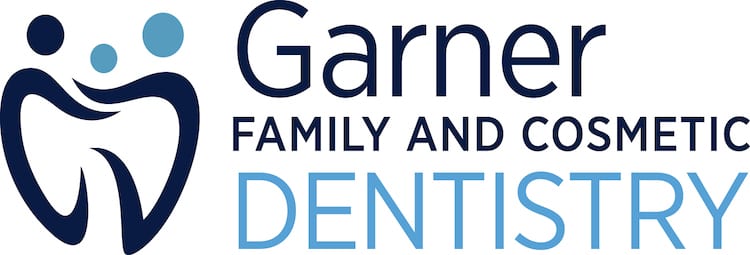If you suffer from extreme tooth pain or sustain a major dental injury, you know to call your dentist right away. With emergency dental care, you can see your smile restored to its ideal appearance and structure.
But sometimes, concerns can grow in your smile that do not seem to warrant this type of prompt action. However, lingering issues may actually be signs of a condition that could severely hurt your smile. Read on to learn about three dental concerns that could point to a larger problem that may need urgent treatment from a dentist.

3 Dental Problems That May Need Urgent Care
Tooth Sensitivity Pain
If you feel a jolt of sharp pain when biting into a sugary or cold food, you might have tooth sensitivity. This sensation can feel excruciating. But because it is intermittent, occurring only with a stimulus, the act of biting, some people may ignore the issue.
But sensitivity might signify a larger dental problem. It occurs when the outer layer of the tooth, enamel, wears down and exposes the vulnerable interior that contains nerves. When a stimulus touches these nerves, they send pain signals to the brain that experts refer to as sensitivity.
Enamel loss can occur due to natural wear and tear, but it may also happen when you have a cavity. You should not have to suffer through pain of any kind. Call your dentist if you feel discomfort and schedule an evaluation.
Bleeding Gums
Sometimes when your brush your teeth too roughly or bite into a hard food item, you might spot bleeding in the gums. Though this can occur due to acute irritation to the gum tissue, you should contact a dentist if the problem continues.
Persistent bleeding in the gums could be a symptom of gum disease, an infection of the gum tissue. This disease will spread without prompt treatment, leading to the deterioration of the gums, teeth, and jawbone. You might experience tooth loss if it persists.
Gum disease will not go away on its own. So you should ask your dentist for a periodontal disease screening if you notice any issues with your gums. Early diagnosis can make the infection easier to eradicate.
Chronic Bad Breath
Bad-smelling breath can affect the best of us, especially after eating a garlicky or oniony meal. This odor can form when food particles linger in the mouth. They interact with saliva and begin to decay while still in your smile, creating this smell.
This issue should resolve when you remove the particles by brushing your teeth or flossing. But if bad breath, also known as halitosis, persists after completing oral hygiene, you might have a larger oral health concern.
Severe tooth decay, advanced gum disease, and underlying medical conditions could lead to bad breath that will not go away on its own. Calling your dentist about this concern can get you swift treatment that will stop these problems from creating major structural damage to your smile.
